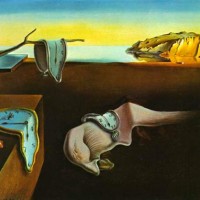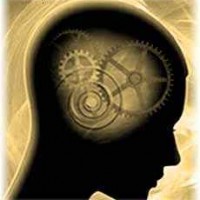As we go through life it feels as if we live in an ever-present “now”. We are conscious of the present time and no other time. The past is but a memory, and the future is but a dream. But there are some very influential views on the nature of time which in essence state that our experience of time as a continuously extended now is an illusion
Posted on December 14, 2010
In consciousness, by Greg
Posted on December 10, 2010
In agency, consciousness, by Greg
I was driving my car the other day and I decided to run some experiments on my consciousness (yes I know, brilliant time to decide to play with consciousness). I was thinking about how automatic so much of our behavior is. How amazing it was that such incredibely complicated behavior can be done all under…
Posted on December 7, 2010
In Book Reviews, by Greg
I’ve always loved Science Fiction, and not just because books about the future are inherently cool. The reason I’ve always loved science fiction is because I’ve always loved philosophy. From a young age I enjoyed thinking about what makes us human, what is the nature of “self”, what is the nature of reality, and a…
Posted on December 2, 2010
In consciousness, by Greg
Our conscious experience is so fundamental to our existence, it IS our existence, that there are certain amazing aspects of it that we tend to overlook as we go through our lives. Because we experience the world through our conscious experience, we’re constitutionally unable to experience the construction of that process. In an abstract sense…
In this last post in this series on morality I want to try to tie together some of the seemingly disparate paths we’ve traveled down these past two weeks. I began with an argument for the need to consider scientific knowledge when thinking about morality and moral standards, and further made the argument that any…
Posted on November 26, 2010
In Brain Research, ethics, by Greg
In interacting with other human beings we presuppose that people have their own thoughts and beliefs and desires and that these states can be judged objectively on the basis of this knowledge of them being separate and distinct beings from us. This understanding of the intentional states of others is called Theory of Mind. What are the mechanisms that underlie Theory of Mind, and how important are they in judgments regarding the actions of others?





